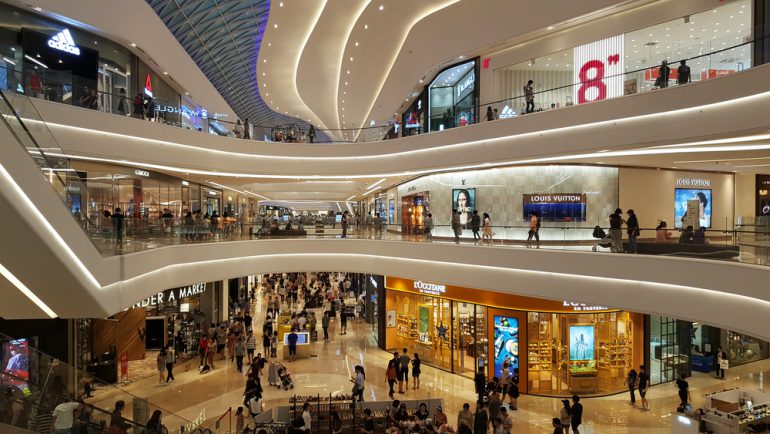Starting from October 2018, Chanel Korea will be forced to disclose its business performance, which has been shrouded in secrecy for the past 27 years.
This follows the recent revision to the External Audit Law, which will allow regulators to subject limited liability companies to external audits.
SEE ALSO : Cosmetics hike up prices in Korea
The French fashion house’s Korean unit will now have to disclose its balance sheet, income statements and other accounting data. Chanel Korea has been able to keep its key corporate information secret, because it was established as a limited liability company in 1991.
Avoiding disclosing its sales and the amount of its donations, the company faced criticism that it tended to be stingy with its social contributions.
Its spokesman stated that the company has carried out proper corporate social responsibility programs relevant to its business.
But data from the domestic consultancy Chaebul.com show the luxury brand has never made a donation in Korea despite enjoying long-lasting popularity among consumers here.
The audit reports are expected to show which side is right.
On top of Chanel Korea, local branches of other foreign luxury brands are facing a similar situation.
SEE ALSO : Korea’s Mobile shopping soars to record levels
Louis Vuitton Korea, which transformed its corporate structure in 2012, has been criticized for its poor social contributions. Before it became a limited liability company, its ratio of donations to operating profits was below 0.5 percent compared to the average 2 percent for the top 500 firms in Korea.
Its spokeswoman countered, “Louis Vuitton Korea donated $380,000 to UNICEF last year, and the Korean branch spent the third-largest sum of money among branches worldwide.”
But critics countered that the “unusual measure” was intended to avoid criticism.
Gucci Korea, Hermes Korea and Prada Korea have been suspicious of concealing their high amounts of dividends and royalties paid to their headquarters, compared to their low amount of donations. The three have been limited liability companies from their beginning here.
Google and other global tech giants have been accused of attempting to avoid taxes here.
Industry officials have estimated that Google earned more than 2 trillion won (US$1.7 billion) in Korea last year. Data from the Korea Mobile Internet Business Association showed Korean consumers bought apps worth 4.46 trillion won via Google Play last year.
However, they said Google Korea has never paid taxes for the sales at all, because the app store is run on servers based in other countries. Google has reportedly paid taxes for its sales in Korea in Singapore, thus avoiding the relatively higher taxes here.
Korean branches of Facebook, Microsoft and Apple, which are also limited liability companies, have faced similar criticism.
If the companies undergo external audits, regulators will be able to ascertain whether their suspicions are true.
SEE ALSO : Unilever buys Korean cosmetics firm for W3 trillion
According to the Financial Services Commission and the National Tax Service, the number of such companies totaled 26,858 as of 2015, which is more than double the 12,091 from a decade ago.
Most international enterprises established their Korean units as limited liability companies. Included among them are Cisco, Oracle, Hewlett-Packard, Nike, Coca-Cola and McDonald’s.
The government will soon decide on the minimum size of companies to be subject to external audits.
(Source: Korean Times )




